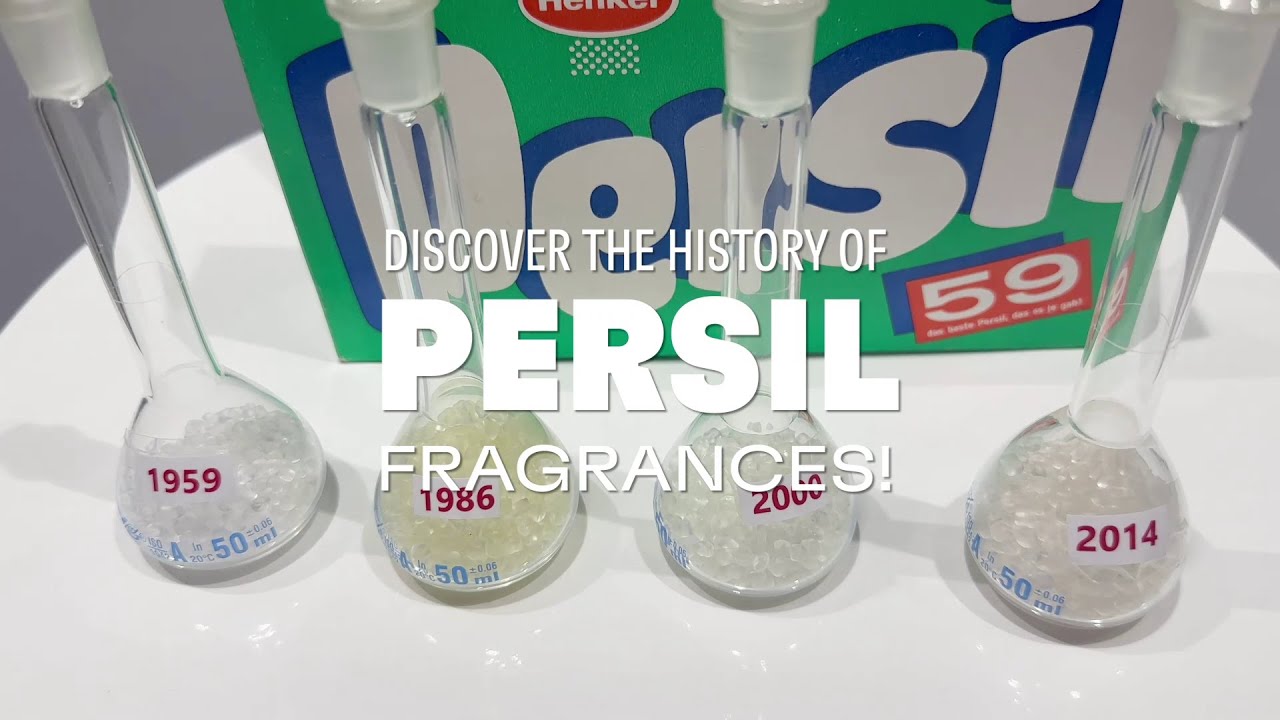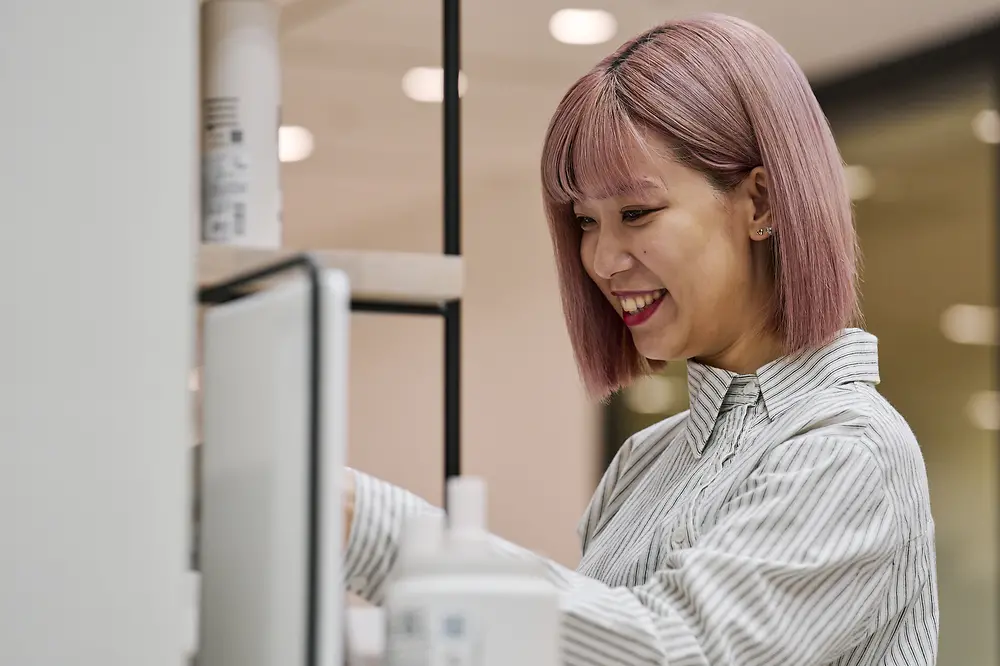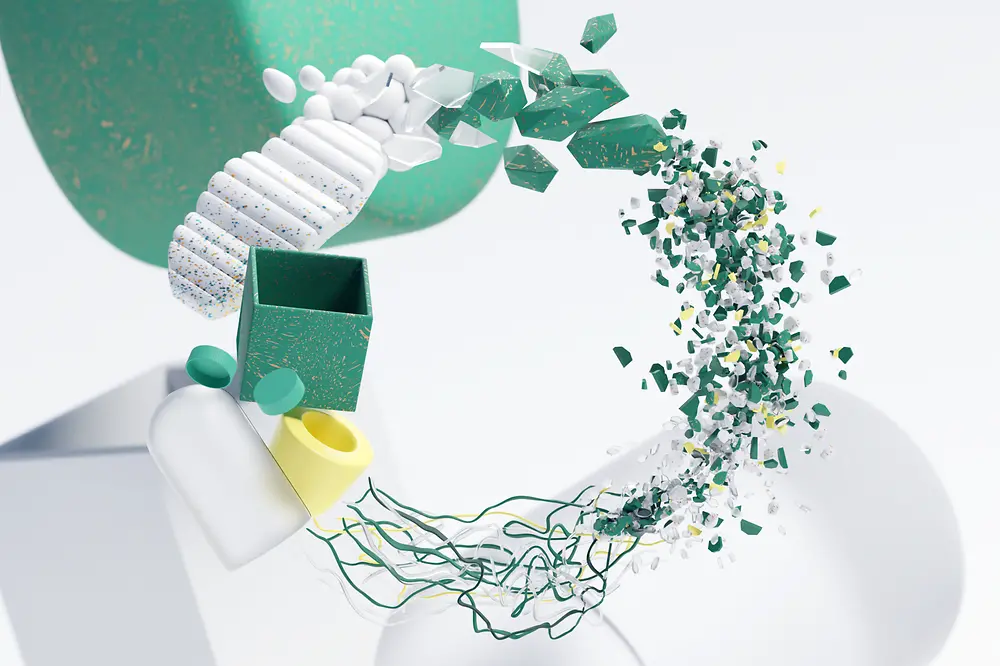Marc-Steffen Schiedel, a long-term Henkel employee with a doctorate in chemistry, has been the head of the Henkel Fragrance Center for four years. “Today, around 70 employees work in Krefeld: in research & development and production,” explains Marc-Steffen.
Why are fragrances in products so important? “It has a lot to do with emotions,” he says. A certain scent can evoke positive memories. For example, lavender may take you back to your last holiday, or the smell of Persil can remind you of moments in childhood with your grandparents. “The scent of freshness, like Persil, stands for cleanliness and conveys positive feelings,” says the head of the center. Perfumes are crucial for Henkel in order to reach the hearts of consumers as well as convey performance factors such as purity and cleanliness. Persil has had its signature scent since 1959, before that the detergent remained odorless.
Manuela Materne knows what it means to create a fragrance: The Henkel employee is one of only around 1,000 perfumers worldwide. “My job is to develop fragrances for Henkel based on the available 1,200 natural and synthetic raw materials,” she says. But as she continues, she conjures the image of a composer, creating a symphony of top, heart, and base notes. “Like a musician who strings together notes to compose an opera, I create a harmonious ensemble made up of various fragrance notes,” is how the expert describes it. First, she has the scent for a product in mind, then she combines the different notes using a computer. Lastly, the new fragrance is created, made of between 50 and 150 ingredients. Persil is not one of Manuela’s creations, however, she is the nose and brain behind the scents and emotions of Perwoll and Vernel (blue version).











